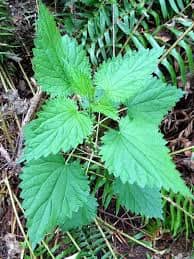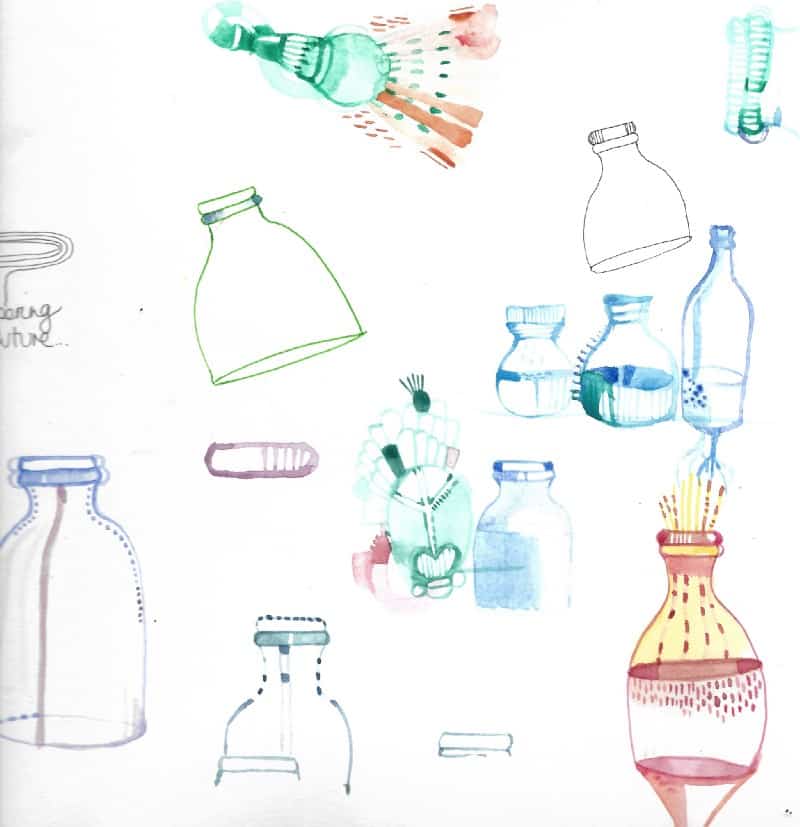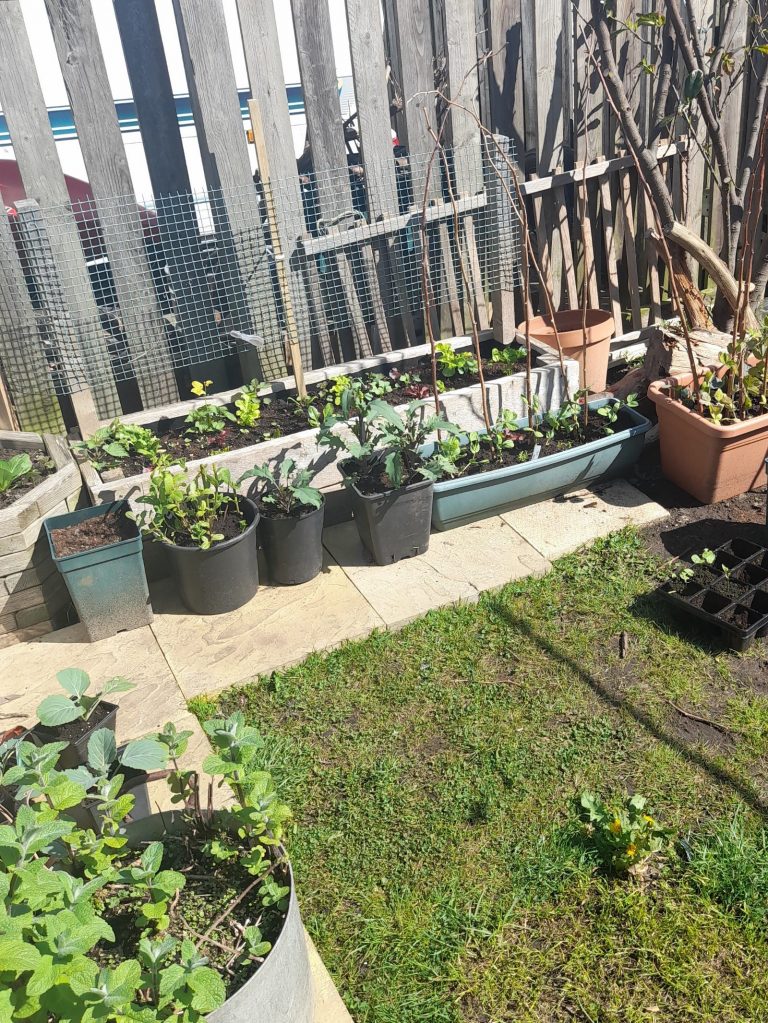How to reconcile creativity and parenting
By Priya Logan
Published in Juno Magazine 2015
Don’t aim for perfection, something scribbled down in your spare moments is better than nothing…
When I first became pregnant with my third child we had not long arrived back in Scotland. I knew that I had less than nine months of relative breathing space before my newest progeny alighted, all encompassing as only a baby can be, upon our lives. My creative practice, so vital to my sense of identity as a younger person — long sublimated for the labours and loves of motherhood, rose forcefully to the forefront of my priorities. I must start, I thought, somewhere.
Within a few weeks time I had signed up to creative writing evening classes where every week, for two hours, I retreated into the magic of possibility. It was a sanctuary. I rediscovered the concurrent omnipotence and humility that lies in the hand of a creator; the complete submersion in the embryonic ocean ideas that simultaneously fuels our interest in the world that lies around us and spurs us to observe ever more closely, carefully. I was hooked. I also read widely, more than I had for some time and started to follow Julia Cameron’s famous morning pages routine where for 15 minutes each morning I wrote three pages of whatever came into my mind — before anything else, except for a ubiquitous cup of hot tea.
After my youngest arrived, hastily in the night, most aspects of my writing practice became sidelined for a while. It became far too difficult to consider writing every each and every morning when I was encumbered by patchwork sleep and situated in permanent proximity to someone so utterly gaze worthy. There was something about having a third child that made me slow down, sometimes unwillingly — though often bewitched by her sheer magnificence. There was not so much the fretting and forward looking that accompanied my firsts early months, nor the seesaw juggle of needs that my second brought. Instead she was the universe — whole and undisturbed: every wrinkle unfolding in perfect, holy rightness. I knew to pay more attention this time — it passes forever, far too quickly, leaving only a scattering of two dimensional images, faint memories.
Observing and reflecting the changes and abundances in the natural world can be a great wealth of inspiration and nourishment no matter your prefered genre
When she was old enough to be left without missing me for a couple of hours at a time, I left my littlest with her siblings and my partner to partake in a series of outdoor nature-writing workshops. These were being run in a nearby community garden as part of an arts themed festival. Having also just completed a certificate in permaculture my mind became awakened to the wealth, colour and inspiration that churn endlessly around us in the pulsating, living world. Being immersed in the wildness of life, the self willed forces often unseen — even a small patch of neglected scrub on the edge of an urban jungle or in the witnessing of a renegade tree growing defiantly from a factory brick wall — observing and interacting with the complex and beautiful systems that sustain and surround us is like a homecoming — a remembering of context and connection that can abandon us, leaving us intangibly bereft, when our focus is only on the techno-concrete world.

I have continued my writing practice in sporadic but sizeable bursts — mostly privately thus far, having not made time yet to properly polish and refine much of my work. I have been lucky enough to have found support in starting a small nature writing group called Wild Words at the Woodlands Community Garden in Glasgow which continues to grow and connect with others, exploring ideas around place, seasonal connection, ecology and interdependence in nature. I’ve performed my poetry locally a few times, have recently subscribed to a women’s nature writing course called The Sisterhood of the Bones and I also keep a blog reflecting on environmental themes.
Within the chaos and demands of life with small children it is so easy to lose your voice, to forget to reflect. Our souls and callings can cower into the corner as others balloon and dominate. As a mother I am a container for so much of what my children are. We start as containers in the obvious physical sense when our bodies house their sprouting existence. When they are born we hold and nestle them; as they grow we hold who they are within us so that we can reflect it back with clarity, with love — help them see and find themselves; their hopes and dreams; fears and memories. All of this containing can sometimes squeeze us out of the picture. We can feel stretched and empty at end of a long day — week — year. Writing, observing, reflecting brings me back to a place that contains and holds me, I can rediscover who I am; what is important to me, where I fit and who I want to be. It helps me be more present in the rest of my life as the spider webs of half-thoughts can form fully: mandala-like, strong, encrusted with dew-like glistening clarity. I can catch the flies of petty irritation and restlessness.
One day, last summer, when I was due to create some activities for the evening writing group, I started to feel a sense of friction — a conflict of interest as my then toddling daughter wanted me to focus fully on her, whereas I felt the need to sit in solitary reflection and formulate some proper plans. She wasn’t, and isn’t, one to give in easily — I eventually submitted: defeated, somewhat disgruntled; though as cheerful as I could muster. I joined her on hands and knees atop the soft sun warmed carpet of moss and grass. She was delighted. We spotted then stalked an intrepid honeybee as she navigated over the undulating terrain with missionary zeal — my daughter’s utter enthusiasm was infectious. Young children don’t need to meditate, to work to clear the grime of residual concerns and conclusions from their lenses. They always see afresh, anew. For a few long moments that day I glimpsed the world as she saw it: of kaleidoscopic dimensions; infinite shifting animation and endless wonderment. That night I went to the writing group with nothing prepared on paper but with vivid images seared into my mind’s eye; residual textures embossed into my palms; the taste-scent of white clover that practically poured themselves onto the pages before me.

The writer and cultural ecologist David Abram writes in his best known work The Spell of the Sensuous that, because we have lost our awareness of our connection to nature and all the depth and colours contained therein, we are bound to be dissatisfied and expect too much from our human relationships. We need the unquantifiable nourishment that comes from living in a web of life with all beings to feel whole, nourished and truly human. Without the otherness of life we, as humans, cannot know who we are. As parents we also need to replenish our senses and resources, learn how to fill our wells and feel connected; held by forces strong and nourishing.
Creativity and natural connection are both primal human needs, as parents we can also pollinate our minds with richness, depth and inexhaustible mystery by observation and reflection. By nestling our spirits in something that contains and nurtures us, we can grow and replenish our spirits. As much as we are mothers this is also our life: here and now. We owe it to ourselves to nurture our inner world and connect with what is there to contain us — the endless living, breathing universe.
Every thought and reflection can lead to another unexpected one, enjoy the journey



